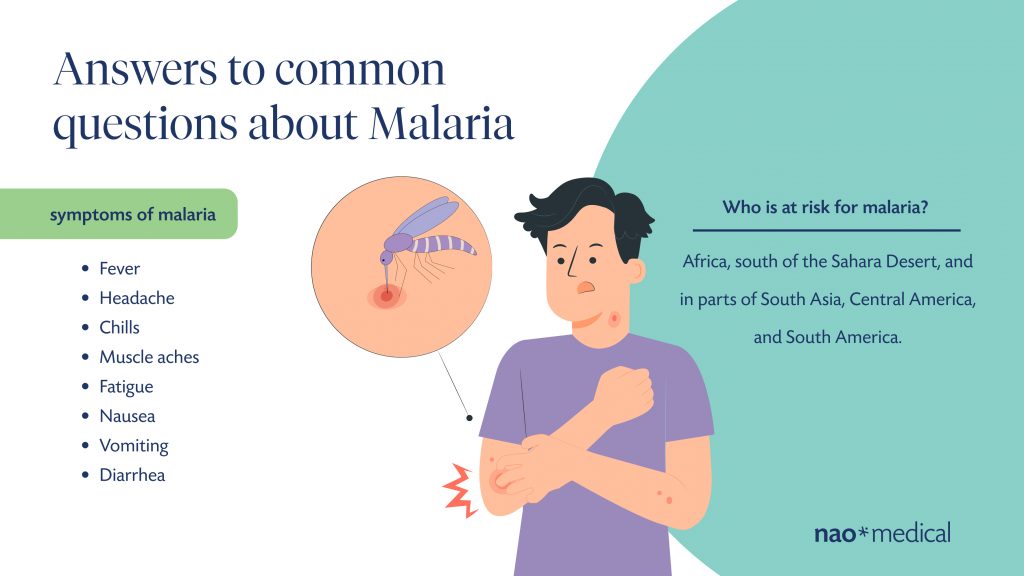
Malaria is a life-threatening disease but it’s curable and preventable. Learn more about it through answers to common questions about malaria.
What is malaria?
Malaria is a serious disease caused by a Plasmodium parasite that infects a certain type of mosquito. The disease is transmitted through the bites of an infected Anopheles mosquito. It affects millions of people worldwide and is a leading cause of mortality in many developing countries.
What are the symptoms of malaria?
The symptoms of malaria can include fever, headache, chills, muscle aches, and fatigue. Other symptoms can include nausea, vomiting, and diarrhea. In severe cases, malaria can cause jaundice, anemia, seizures, and even coma and death.
Who is at risk for malaria?
Malaria is especially common in Africa, south of the Sahara Desert, and in parts of South Asia, Central America, and South America. If you are traveling to any of these regions, you may be at risk. Check with the CDC to determine if malaria is prevalent in the area you will be traveling to.
How is malaria diagnosed?
Malaria is usually diagnosed based on symptoms and a blood test that detects the presence of the parasite. A rapid diagnostic test (RDT) can also be used to diagnose malaria.
Can malaria be cured?
Yes, malaria can be cured with prompt and appropriate treatment. Early diagnosis and treatment of malaria can prevent serious complications and reduce the risk of death.
How is malaria treated?
Malaria can be treated with antimalarial medications, such as chloroquine, artemisinin-based combination therapies (ACTs), and others. The type of medication used depends on the type of Plasmodium parasite causing the infection and the severity of the disease.
Are there any vaccines for malaria?
Currently, there is no vaccine for malaria that provides complete protection. However, there are several vaccine candidates that are in various stages of development and testing.
How can you prevent malaria?
You can take antimalarial medication to help prevent it. There are 5 oral antimalarial drugs available, and recommendations for which one to take differ according to the country you are traveling to and your health status. You should take the medicine before, during, and after travel to an area where malaria is present.
No antimalaria medication can guarantee 100% protection, so you must use other precautions along with it, such as using insect repellent, wearing long sleeves and long pants, sleeping in a mosquito-free setting, or using an insecticide-treated bed net.
If you will be traveling abroad, particularly to developing countries, and you need travel vaccines, go to an urgent care and travel clinic.







 (917) 310-3371
(917) 310-3371











